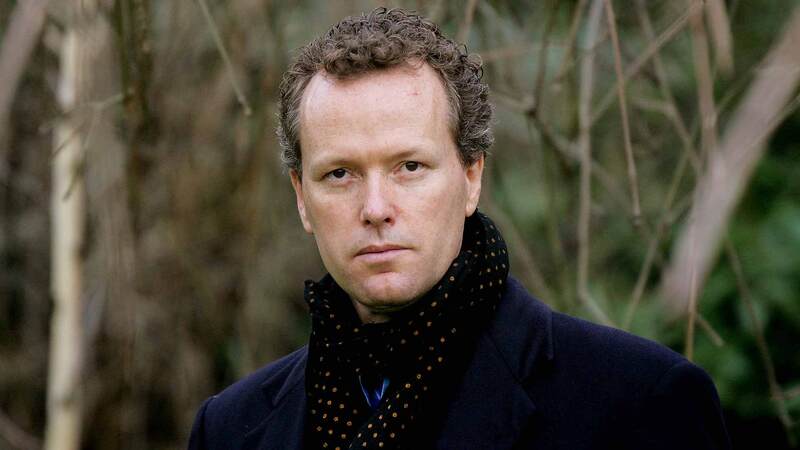You are viewing your 1 free article this month. Login to read more articles.
Daniel Beer wins $75k Cundill History Prize
British historian Daniel Beer has been named as the 2017 winner of the $75,000 (£56,820) International Cundill History Prize – the richest in non-fiction for a single work in English.
The London-based historian was awarded the prize for his "ground-breaking" study of Siberian penal colonies, The House of the Dead: Siberian Exile Under the Tsars (Allen Lane).
Run by Canada’s McGill University, the international Cundill History Prize rewards the best history writing in English. Choosing from a record 300 submissions, the jury unanimously agreed that The House of the Dead "stood above the formidable competition as a work of history that delivers exceptional scholarship in a relevant and accessible read".
Margaret MacMillan, chair of the Jury, said the book is a "haunting and important contribution to Russian History" and a "hugely deserving winner".
Juror Amanda Foreman added that the book was a "triumph". "Daniel Beer has a universality of approach that is both innovative and important", said Foreman. "He tells the story of an immense tragedy, spanning hundreds of years. The House of the Dead uses a huge canvas, but Beer is able to bring out individual stories and a real sense of what it means to be human. This book is a triumph."
The two runners up each received a Recognition of Excellence Award, together with $10,000 (£7,570): Christopher Goscha was awarded for his definitive history of Vietnam (Vietnam: A New History, Basic Books), and Walter Scheidel for his controversial economic thesis The Great Leveler (Princeton University Press).
Juror Jeffrey Simpson added: "The Cundill History Prize looks for outstanding historical scholarship, but also accessibility: a reader who is not an expert should be able to read and understand the book it chooses. And the winner must teach us something we can profit from today, as we grapple with contemporary problems."
The House of the Dead has also been shortlisted for The Wolfson History Prize, The Pushkin House Russian Book Prize and the Longman History Today Prize, 2017.


















